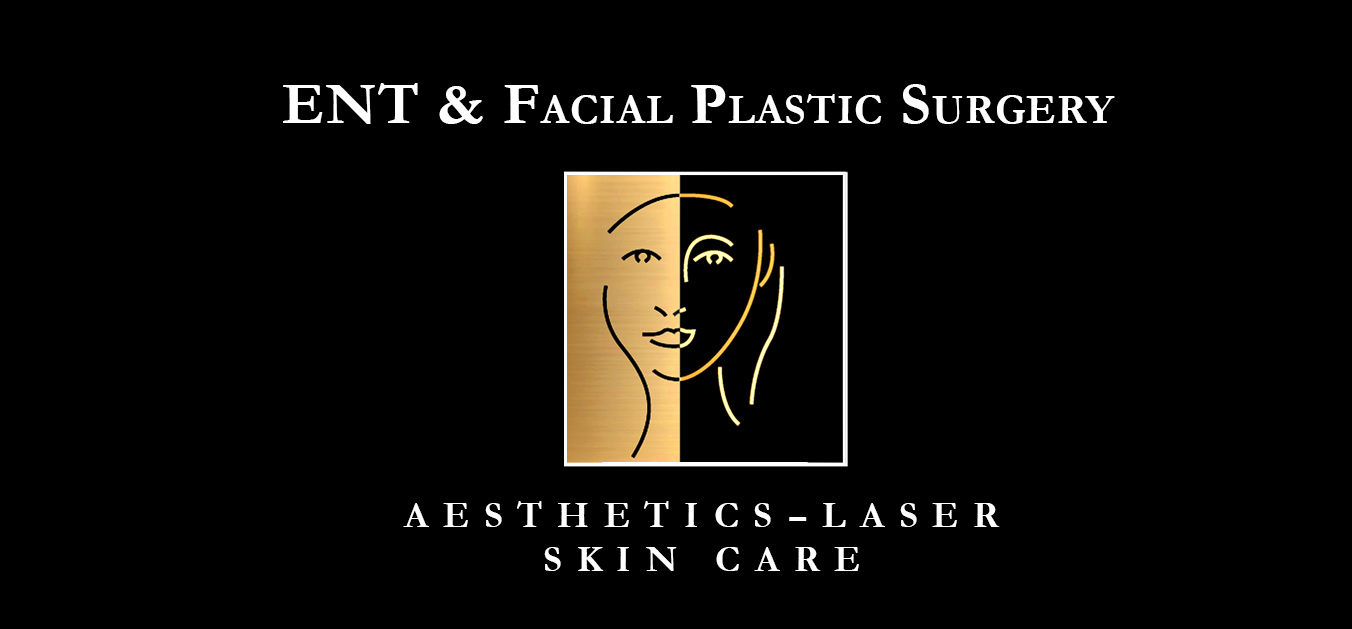Surgery, chemotherapy, and radiation are some of the common treatments used to treat head and neck cancer. However, some patients may also opt for alternative treatments such as immunotherapy and targeted therapies.
Continue reading for everything you need to know about these alternative treatments for head and neck cancer.
Alternative Treatments for Head and Neck Cancer
There are several alternative treatments for head and neck cancer you may wish to consider, including immunotherapy and targeted therapies.
Immunotherapy
Immunotherapy is a type of cancer treatment that harnesses the power of a patient’s own immune system to fight cancer cells. It has been FDA-approved for the treatment of head and neck cancer that has spread or come back after previous treatment.
Often referred to as checkpoint inhibitors, immunotherapy drugs work by blocking proteins that stop the immune system from attacking cancer cells. The most common immunotherapy drug used for head and neck cancer is Pembrolizumab.
Targeted Therapy
Targeted therapy is a type of cancer treatment that uses drugs to attack specific proteins in cancer cells that allow them to grow.
There are two main types of targeted therapy used to treat head and neck cancer:
1. Tumor-agnostic therapy
This type of targeted therapy is not specific to head and neck cancer. However, it targets a specific genetic change in cancer cells that is shared by different cancer types.
Fortunately, the approval of this type of therapy has led to a new era in cancer treatment, where treatments can be more tailored to specific genetic changes.
2. Monoclonal antibodies
These targeted therapy drugs bind to specific receptors on cancer cells. Consequently, they either kill them directly or mark them for destruction by the body’s immune system.
Alternative Treatment Benefits and Side Effects
Treatment benefits include better survival rates and fewer side effects as compared to traditional therapies.
However, it is important to note that these treatments also have side effects. Common side effects of immunotherapy include fatigue, fever, cough, and stiffness in joints, while the side effects of targeted therapy include skin rash, high blood pressure, and fatigue.
Learn More About Treatments for Head and Neck Cancer
If you would like additional information about alternative head and neck cancer treatments, please schedule a consultation with one of our ENT specialists.

